We want. . . our rights as citizens, and we demand the respect due reputable human beings the world over. What right has the white man of America to insult and humiliate us? — Barbara Pope
Barbara E. Pope (1854–1908) was a high school teacher, fiction author, and active in the Niagara Movement. Pope was born free in January 1854, to Hannah and Alfred Pope, in the city of Georgetown, in the District of Columbia. Her parents had been enslaved until 1850. Her father, Alfred, was one of a group of people who tried to escape in 1848 on the schooner Pearl.

Niagara Movement delegates, Boston, Massachusetts, 1907. The arrow points to Barbara Pope. W. E. B. Du Bois Papers, Robert S. Cox Special Collections and University Archives Research Center, UMass Amherst Libraries. Source: Teen Vogue
On August 7, 1906, Pope boarded a train at Union Station in Washington, D.C., headed toward Virginia. According to research by Jennifer Harris, as reported in The Washington Post:
Pope boarded at Union Station and saw the ‘colored’ compartment was cramped and its seats faced backward. She took a seat in the main compartment instead. After they crossed the Potomac into Virginia, a white conductor came and said she had to move. She refused. He threatened her with arrest. She refused again. . . . Pope was arrested and tried for ‘violating the separate car law of the State of Virginia’ and fined $10 plus court costs. Read more.
She appealed and filed for damages in federal court. Members of the newly formed Niagara Movement, a forerunner of the National Association for the Advancement of Colored People (NAACP), supported Pope’s appeal in the Virginia Circuit Court. They argued that as an interstate traveler, Pope was not subject to Virginia’s Jim Crow laws. Pope lost the appeal, but then filed the case with the Supreme Court of Virginia.
In 1907, the Supreme Court overturned the verdict of guilty, exonerating Pope, and ordered the fine be refunded. The following year Pope sued the Southern Railway Co. for unethical treatment when it segregated her. She asked for damages of $20,000. The Supreme Court of the District of Columbia found in her favor in 1907, but awarded her only $0.01.
Pope paid a high personal price for her activism. She lost her income and suffered criticism from her family. This led her to months of depression and insomnia. On September 5, 1908, she pinned a note on her dress, identifying herself for the coroner, and hanged herself. She was 54 years old.
Additional Resources
The Rosa Parks of D.C. by David A. Taylor (The Washington Post Magazine)
Barbara Pope Was a Civil Rights Activist Who Refused to Give Up Her Seat on a Segregated Train by Rob DeHart (Teen Vogue)
Transportation Protests: 1841 to 1992 by Julian Hipkins III and David Busch (Civil Rights Teaching)

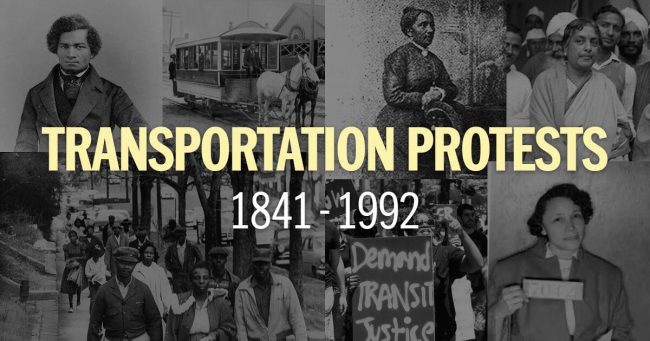
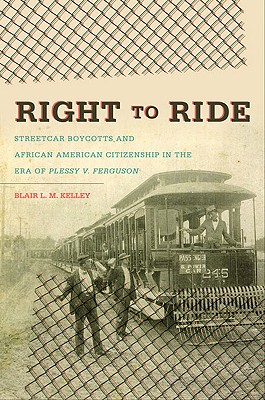
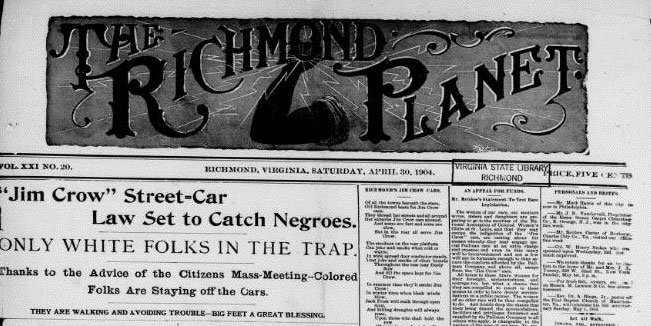
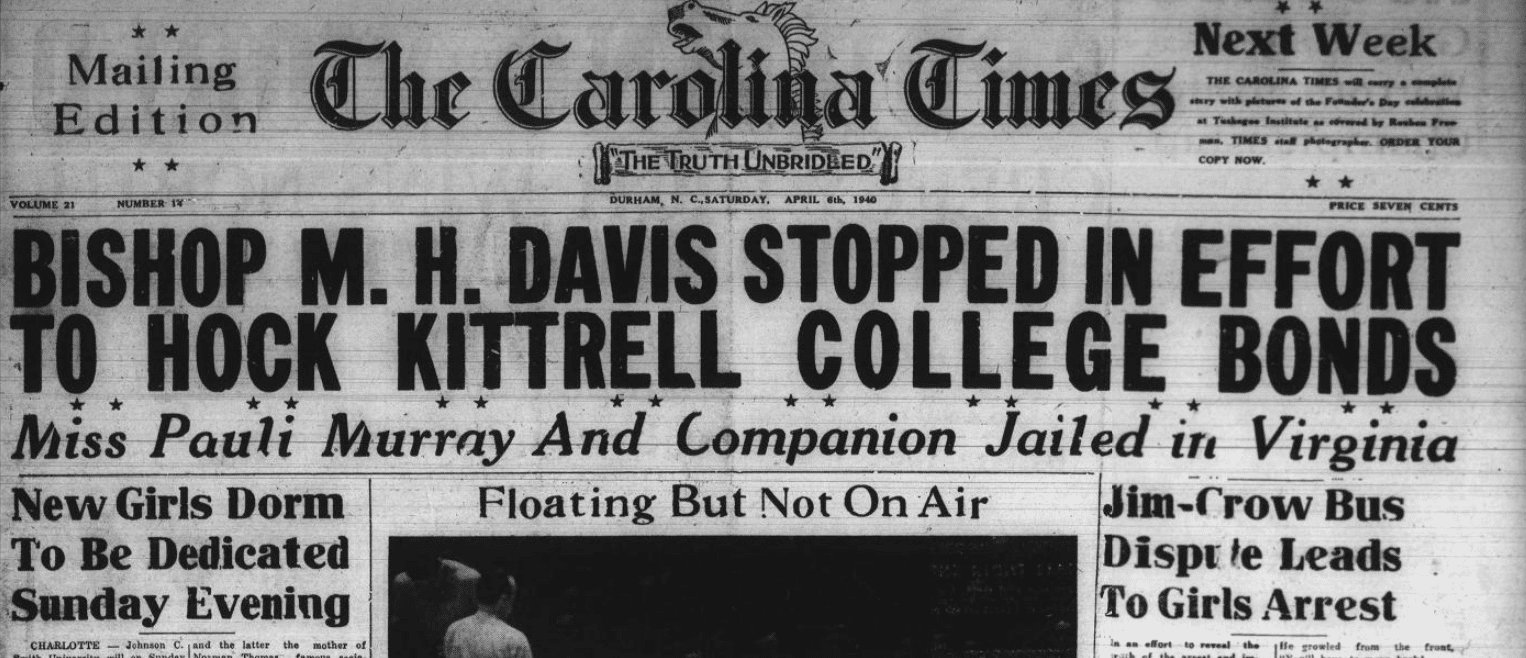
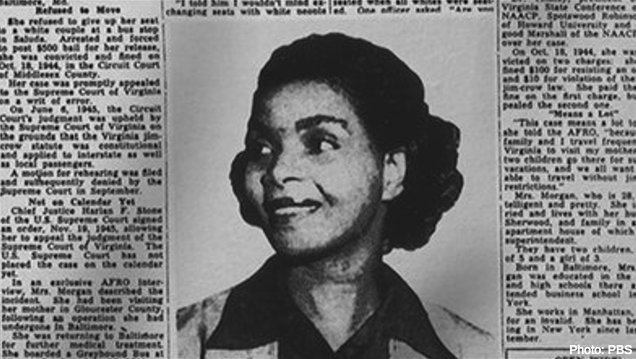
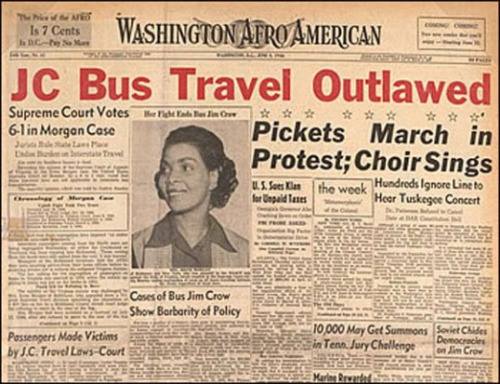
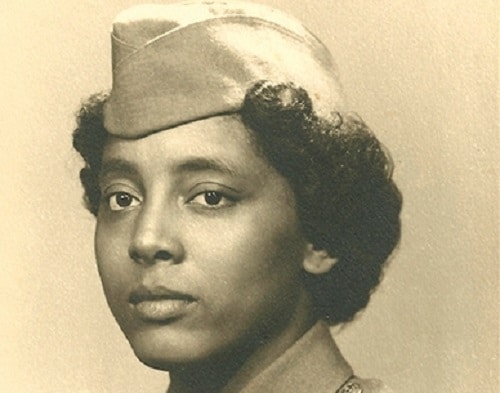
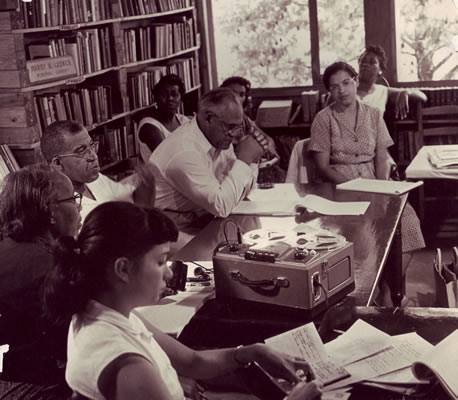





Twitter
Google plus
LinkedIn